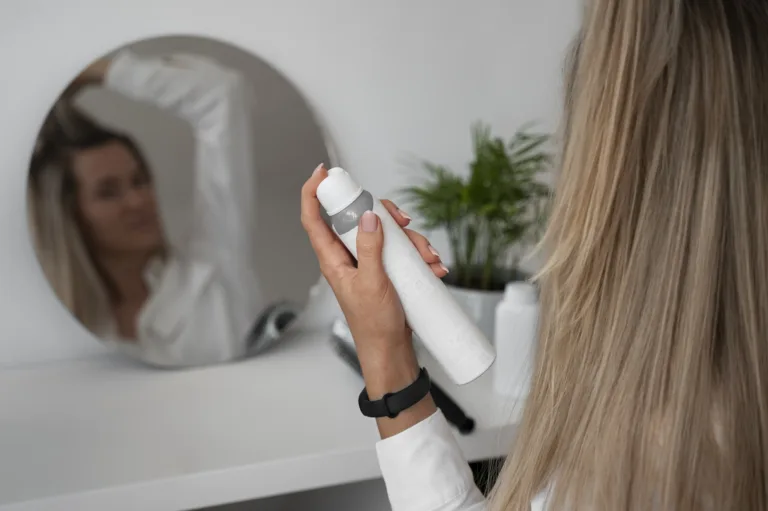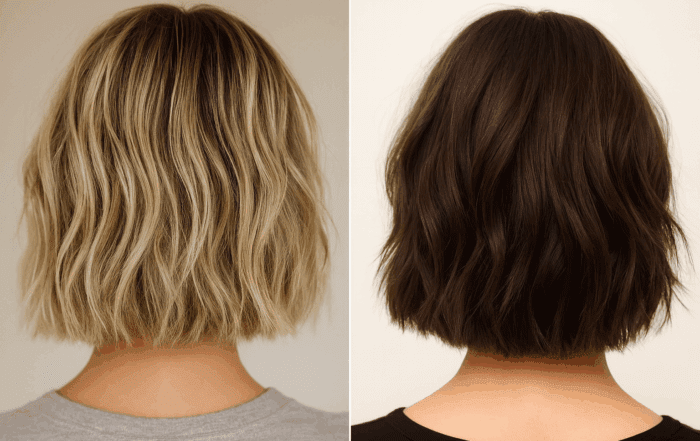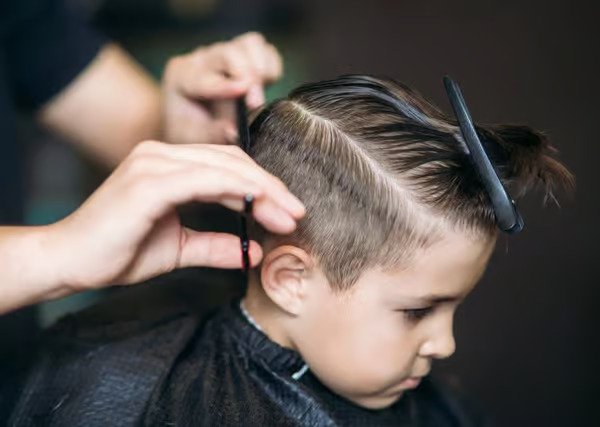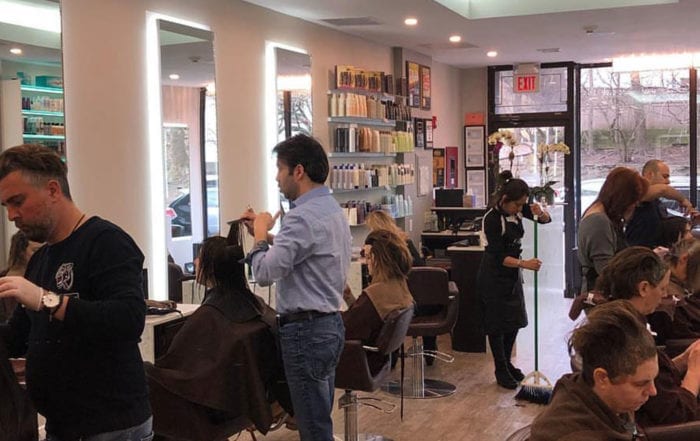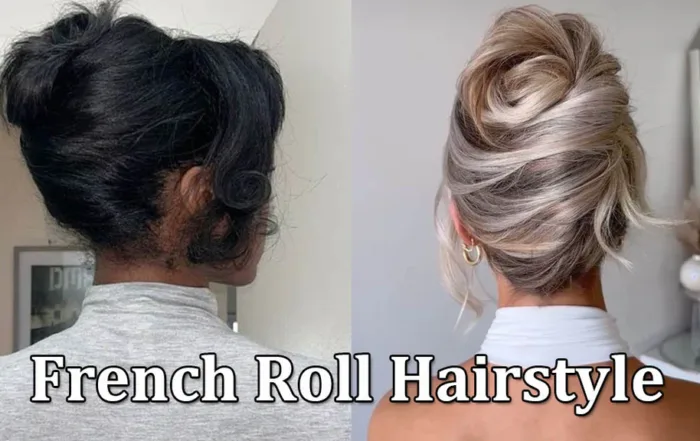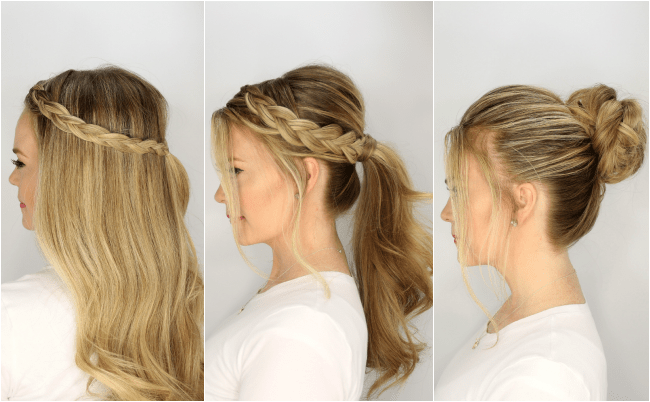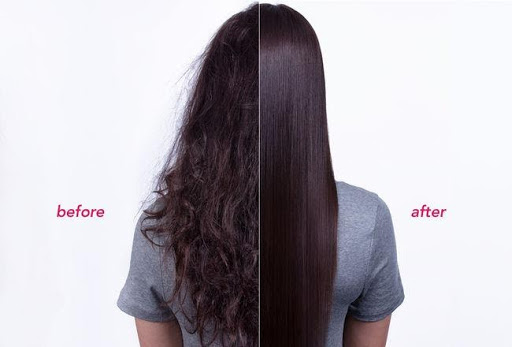According to Wimpole Clinic, the leading hair transplant clinic in UK, “There is no direct scientific link between dry shampoo and hair loss. However, overusing dry shampoo may lead to some seriously bad hair days.” While dry shampoo can be a convenient solution for refreshing your hair between washes, it’s important to understand how its overuse can potentially affect your hair and scalp health. In this article, we will tackle the potential effects of dry shampoo on hair and scalp health, how it works, and how to use it responsibly.
What is Dry Shampoo?
Dry shampoo is a hair care product designed to absorb excess oil and grease from your hair and scalp, providing a fresh and clean look without the need for water or traditional washing. It typically comes in the form of a spray, powder, or foam.
Common ingredients in dry shampoo include starches, such as rice or corn starch, and absorbing agents that soak up oil from the scalp and hair. Other ingredients may include fragrances and conditioning agents to leave your hair smelling fresh and feeling soft.
However, some dry shampoos may contain harmful chemicals such as talc, alcohol, or heavy fragrances, which can irritate the scalp or damage hair. It’s essential to choose products with safe, natural ingredients.
How Does Dry Shampoo Work?
Dry shampoo works by absorbing excess oil from the scalp and hair, leaving it looking cleaner and fresher. When applied to the roots, the product’s absorbing agents soak up the oils and leave a matte finish.
The process typically involves applying the dry shampoo to the roots and massaging it in with your fingers or a brush. The product may be left in for a few minutes to absorb the oils before being brushed out. Dry shampoo comes in different formats, including sprays, powders, and foams, allowing for customization based on hair type and preference.
Does Dry Shampoo Cause Hair Loss?
There is currently no direct scientific evidence linking dry shampoo to hair loss. However, overusing dry shampoo can lead to an unhealthy scalp, which may contribute to hair loss over time.
Dry shampoo residue can accumulate on the scalp, clogging pores and potentially leading to scalp irritation, inflammation, and infections. This can create an environment where hair follicles are weakened, causing hair thinning or loss.
A study published in the Journal of Dermatological Treatment found that frequent use of dry shampoo without proper cleansing can lead to scalp inflammation, which could contribute to hair thinning.
Can Dry Shampoo Damage Your Scalp and Hair?
Overusing dry shampoo can cause several risks to your scalp and hair. Excessive application can lead to dryness, flaking, and irritation of the scalp. This, in turn, can cause scalp infections and exacerbate hair loss.
On the hair, overuse of dry shampoo can make hair brittle, leading to breakage and thinning. The product’s buildup can weigh down hair, affecting its volume and vibrancy.
Can Dry Shampoo Replace Washing Your Hair?
Dry shampoo should not replace regular hair washing. While it can extend the time between washes, it is not a substitute for washing your hair with water and shampoo.
Regular washing helps cleanse the scalp and hair, removing excess oil, dirt, and residue from products like dry shampoo.
Is it OK to Use Dry Shampoo Every Day?
Using dry shampoo every day can lead to residue buildup on your scalp and hair, causing potential issues like irritation, clogged pores, and scalp infections.
It is recommended to use dry shampoo no more than once or twice a week, depending on your hair type and lifestyle.
How Can You Limit Hair Loss When Using Dry Shampoo?
- Maintain proper hair hygiene: Regular washing with water and a gentle shampoo is crucial to keep your scalp and hair healthy.
- Choose organic dry shampoos: Opt for natural or organic dry shampoos that do not contain harmful chemicals.
- Reduce heat styling: Minimize the use of heat styling tools that can further damage your hair.
What Are the Best Alternatives to Dry Shampoo?
There are several natural alternatives to dry shampoo that you can try. Cornstarch, baby powder, and blotting paper are effective options for absorbing excess oil from the hair.
You can also make your own DIY dry shampoo by mixing equal parts of cornstarch and cocoa powder (for dark hair) or just cornstarch (for light hair). Add a few drops of essential oil for fragrance and apply to your roots as you would regular dry shampoo.
What If Your Hair Loss is Not Caused by Dry Shampoo?
If you are experiencing hair thinning or hair loss that you suspect may not be caused by dry shampoo, it is important to seek professional help. Hair specialists can diagnose and treat your hair loss, providing personalized recommendations for your hair care routine.
You can call Numi Hair at (914) 219-6884 or book an appointment online for professional guidance and treatment options.


